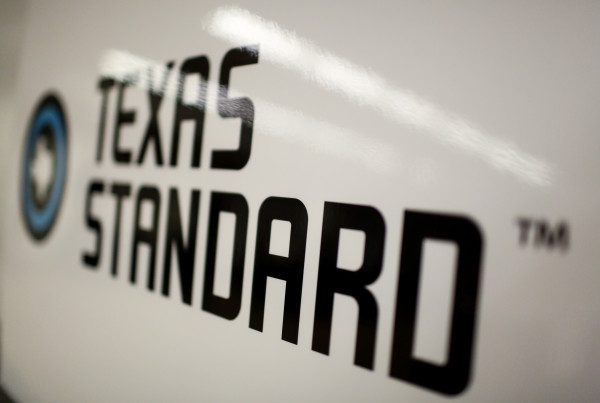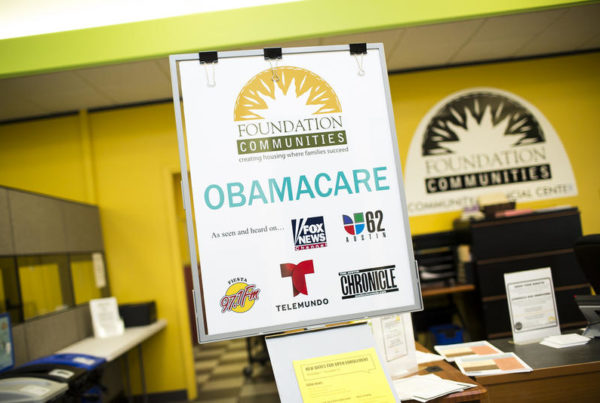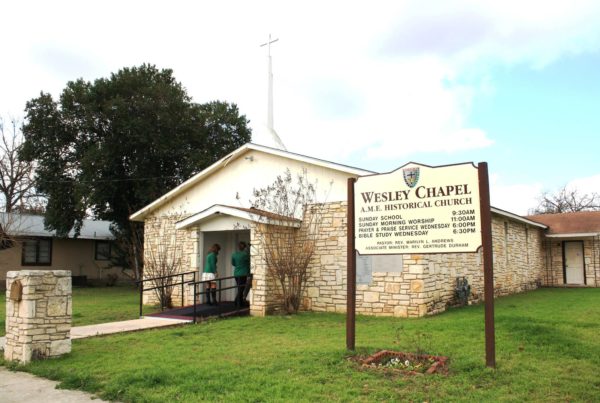Today, more Texans live in urban areas than ever before. In fact, 8 in 10 of us do. That’s an overwhelming majority.
Many able-bodied Texans share a common struggle – where and how to park their car. But the struggle intensifies if a driver isn’t just looking for parking, but for disability parking. In Texas, designated parking spots for people with disabilities are extremely scarce – they only account for about 2 percent of all parking spaces.
The vehicle Mack Marsh drives comes with a ramp.
“I am a person who uses a wheelchair. I have a spinal cord injury resulting in quadriplegias. So, I use a power wheelchair,” Marsh says. “And so, accessible parking is a very important part of my life.”
But his parking space, and the spaces that are supposed to be reserved for the 12 percent of Texans who live with a disability, is often blocked by able-bodied drivers.
Marsh has heard all the excuses. People say “it’s only gonna be a minute.” They’ll be in and out of the grocery store, they’re running late and that’s the only spot they could find.
Another culprit? Delivery trucks.
I ran into one recently. The driver – his name is Matt – is a 20-plus-year veteran in the delivery business. On the day, we met, he and another delivery driver were parked illegally in two disability parking spots at a strip mall. Their goal was to have easy access to a Postmark’d store. They quickly got to work loading up packages. Matt, who loaded big and small boxes as fast as he could, told me he runs about 200 routes a day, and almost always parks in disability parking spots, sometimes called handicap spots.
“Why do you guys park on handicapped spots?” I ask.
“Oh, for a million reasons,” Matt says. “In the majority of places, it is absolutely the safest place. Yeah, we’re supposed to do everything as safely as possible.”

















